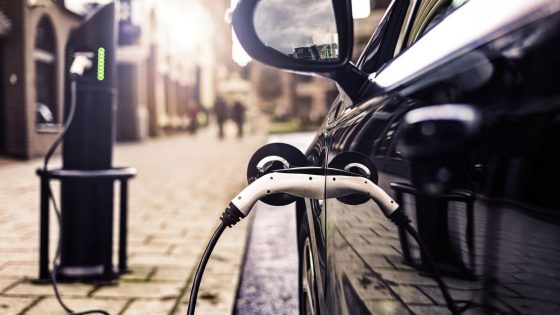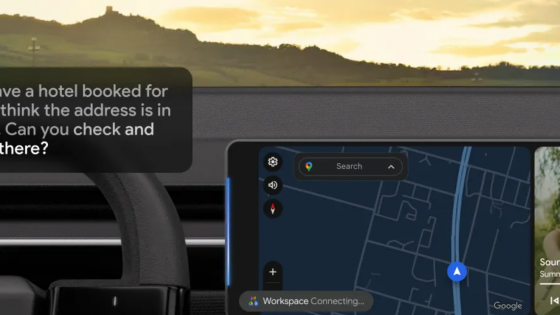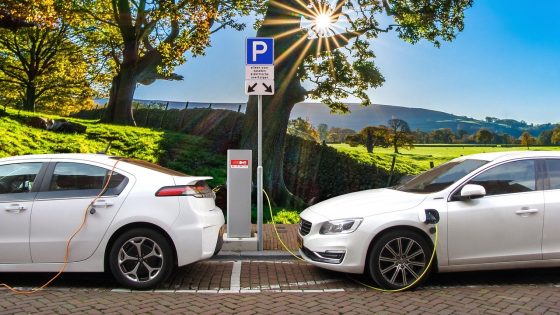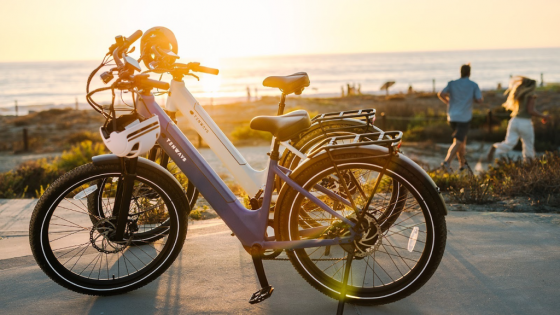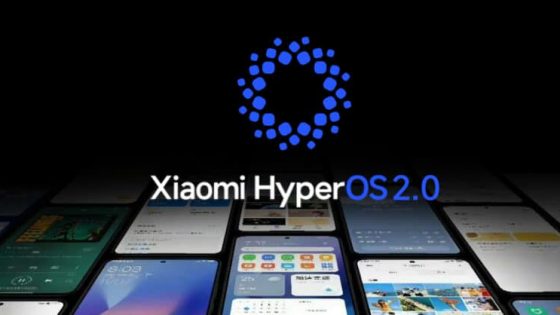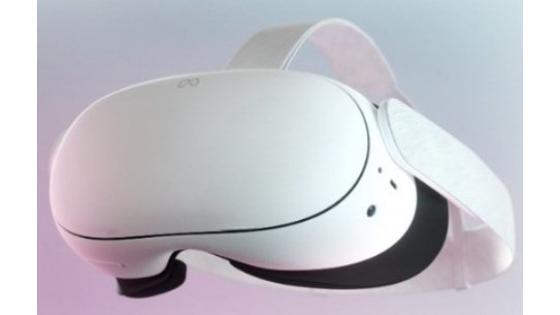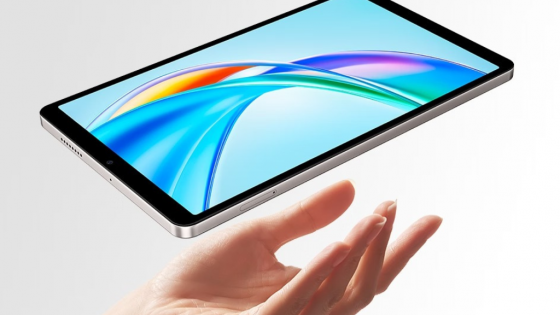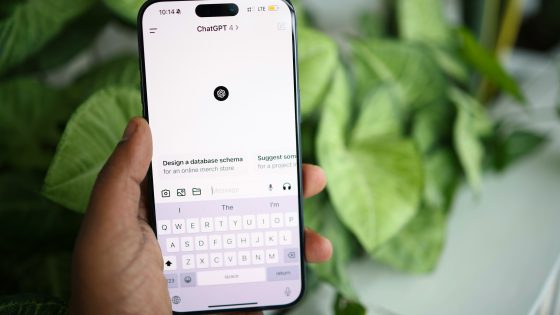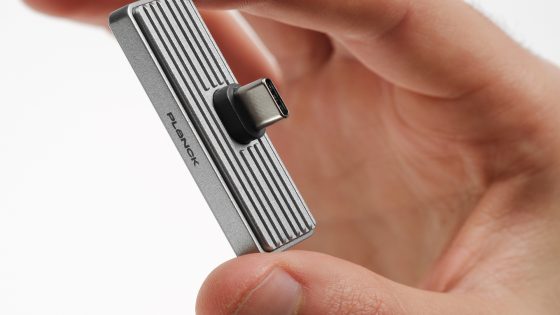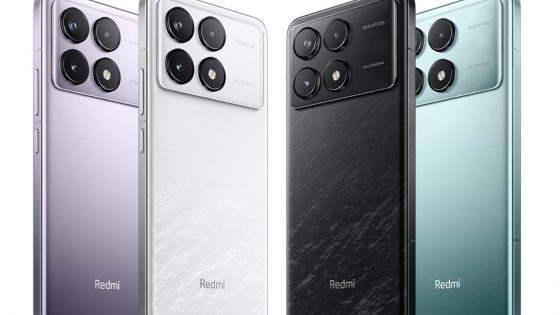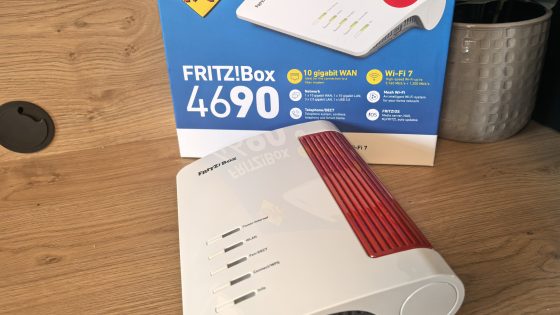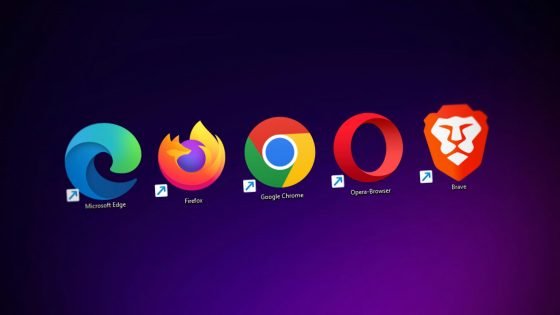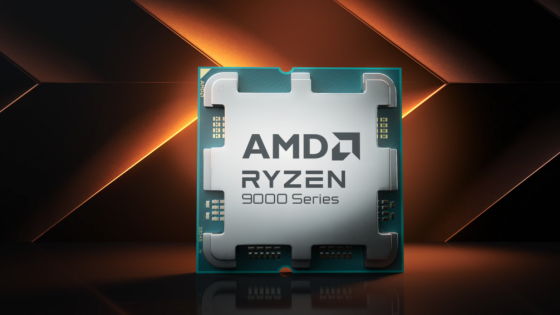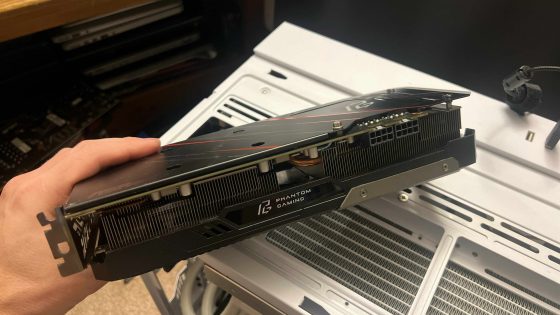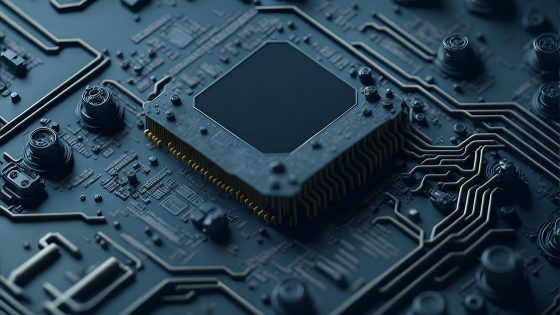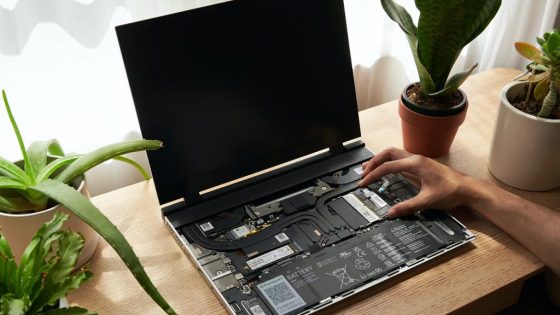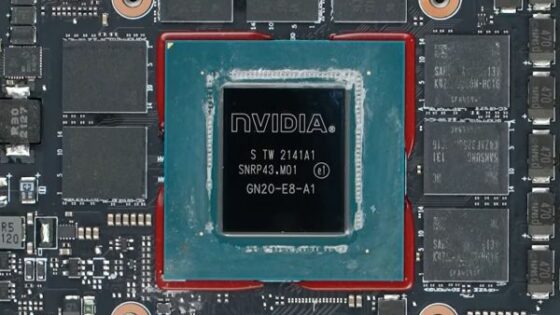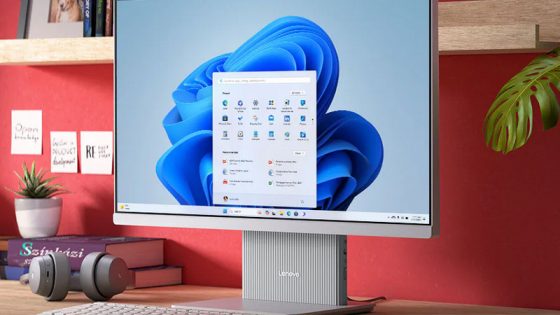The revolutionary electric vehicle battery will be fully charged in just a few minutes
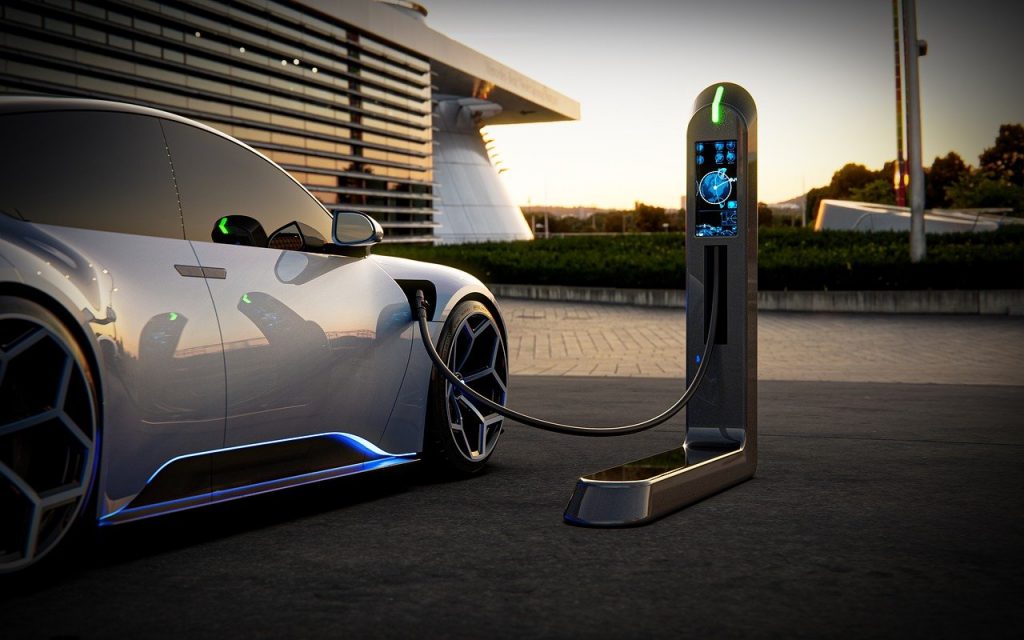
According to the trends observed in the automotive industry in recent years, everything points to the future of motoring being electric. According to many experts, these cars not only offer a better user experience than classic internal combustion cars. They also contain quite a few innovations and improvements that will ensure a better future for both people and our planet.
One of the problems that still remains is their range, as the operating autonomy of electric vehicles is often much shorter than expected or required. In addition to operating autonomy, charging electric cars presents a special challenge for drivers. This requires a lot of time, which simply discourages many drivers from buying such vehicles.
The problem with the (too) slow charging of electric cars is supposed to be solved by researchers from the South Korean Advanced Institute of Science and Technology. They have developed technology that charges the battery in just a few minutes, or in a time that is comparable to charging ordinary cars. The researchers achieved this remarkable feat by combining an anode made of sodium and a cathode made of a material that serves as a powerful capacitor that can store a huge amount of energy in a very short time.
The new battery can be charged at least 30 times faster than conventional batteries. This means that an electric car can be provided with an additional 300 kilometers of autonomy in just three minutes. The new batteries could of course also be used to charge portable devices such as smartphones and laptops. Of course, the new battery is still in the early stages of development, so it is not yet known when (if at all) it will be available.



